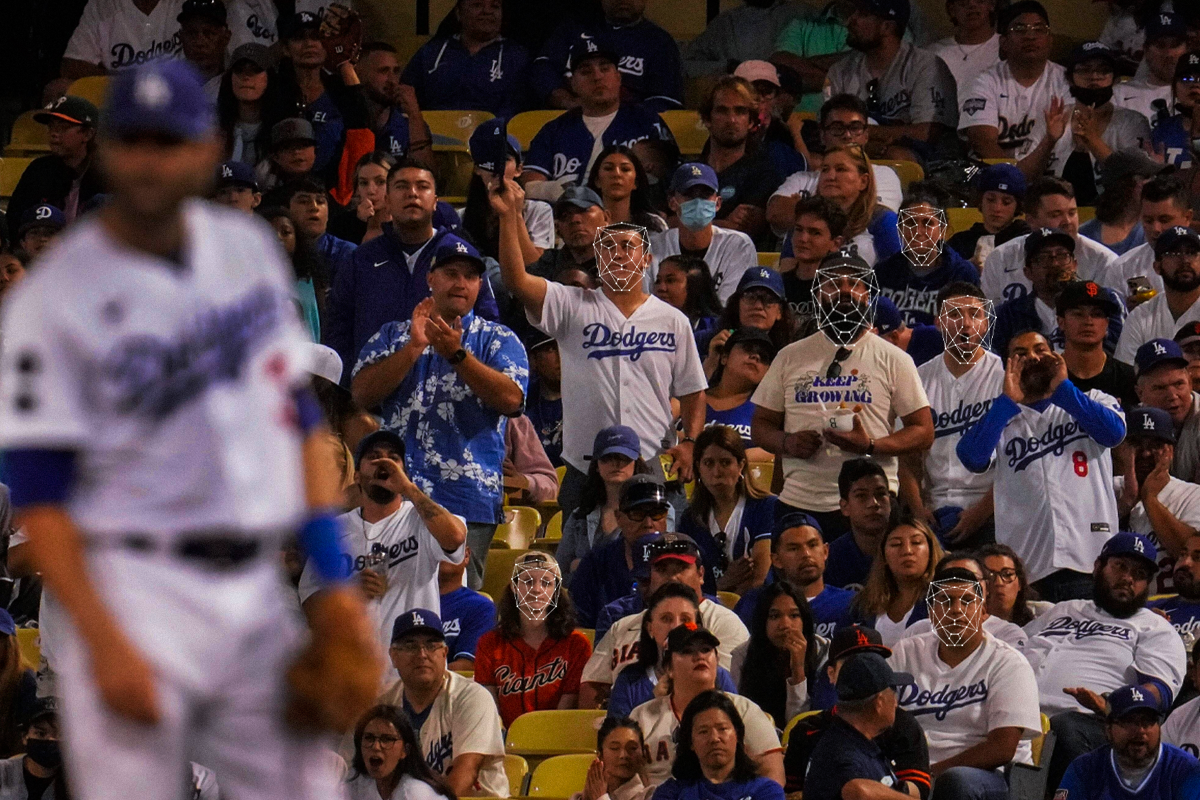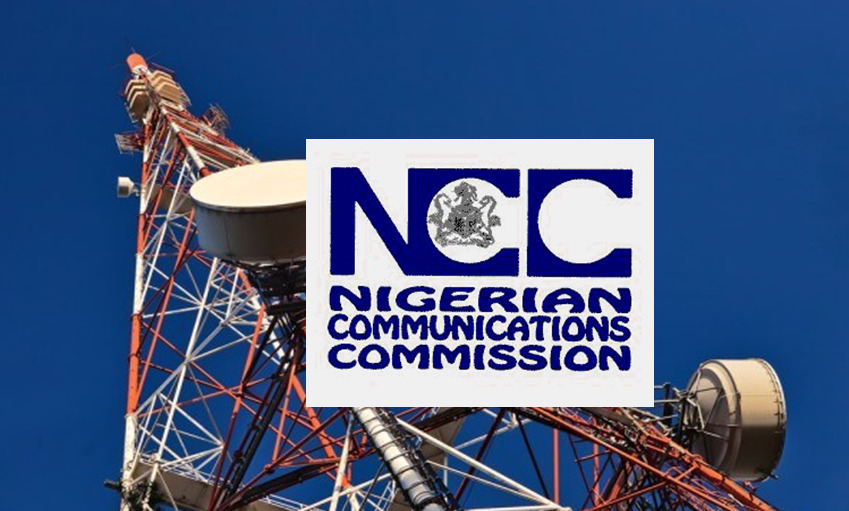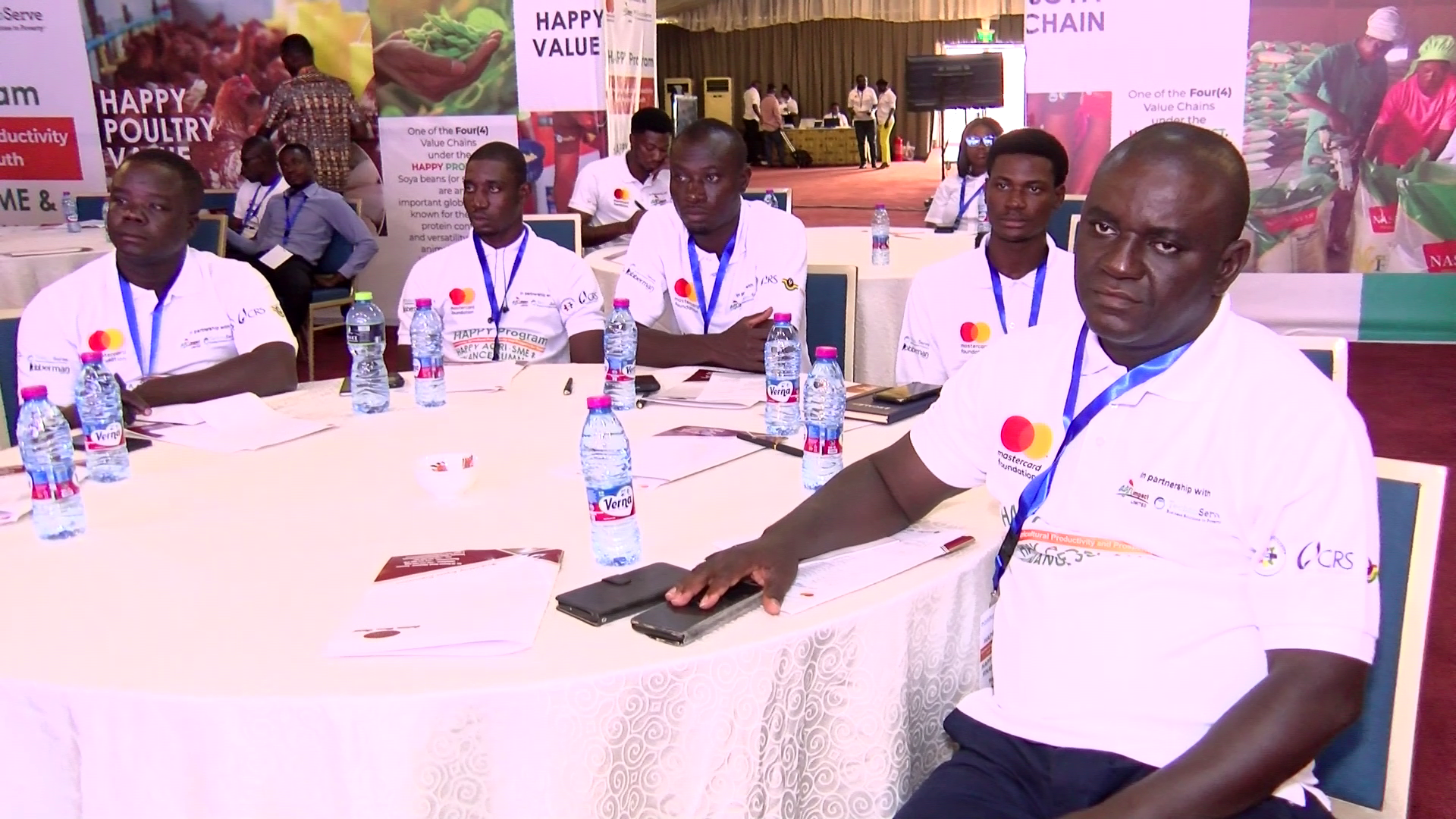
You step into Wrigley Field, ready for a hot dog and a few hours of baseball. You cheer, clap, maybe even spill some nacho cheese on your shoes. But somewhere in the stands, a lens you’ll never notice might already be capturing your face — measuring, storing, and archiving it. No warning. No consent.
And suddenly, a question lingers: who owns your face inside this stadium? You, or the database?
That very question became the core of a lawsuit in September 2025, when fans Gabriel Berta and Jill Lichte filed federal claims against the Chicago Cubs and their security partners, Blue Star Security LLC and Protos Security. They allege that during multiple games — May 25, July 4, and August 17 — Wrigley Field quietly scanned and stored fans’ facial data.
The filings detail Genetec’s Security Center platform, SAFR facial recognition software, and Tascent InSight Face scanners — systems that don’t just snap pictures, but map facial geometry. If accurate, millions of fans may have left more behind at Wrigley than peanut shells at ballparks.
A lawsuit with teeth
At the heart of the case is Illinois’ Biometric Information Privacy Act (BIPA), one of the strongest biometric laws in the U.S. It requires written notice and explicit consent before companies collect data like fingerprints or faceprints.
The penalties? Enough to rattle even a billionaire owner:
$1,000 per negligent violation
$5,000 per reckless or intentional violation
Multiplied by millions of faces, that’s Ohtani-level money — minus the home runs.
The Cubs deny it all. “The Cubs do not use this technology and these allegations are false,” said spokesperson Jennifer Martinez-Roth. “We will vigorously defend ourselves against these claims.” But whether they win or lose, the case spotlights a bigger story: stadium surveillance is spreading worldwide.
A global pattern
The Cubs aren’t alone:
In 2024, the New York Mets were sued for allegedly scanning fans at Citi Field and putting some on “do not admit” lists.
In Australia, Kmart was fined for sneaky scans across 28 stores, and iconic stadiums like the Melbourne Cricket Ground and Sydney Cricket Ground faced backlash for murky consent policies.
At the 2017 Champions League Final in Cardiff, more than 2,000 people were wrongly flagged as potential criminals.
Stadiums argue that the tech improves fan experience. But does faster beer really outweigh permanent surveillance?
Why ballparks love face scans
For them, it boils down to money and speed.
Faster entry: MLB’s “Go-Ahead Entry” test in Philadelphia moved fans through 68% faster and processed 2.5× more per minute.
Security: Automated bans for violent or restricted fans.
Lower costs: Fewer staff needed at the gates.
New revenue: Face scans linked to concessions and merch, like at the LA Clippers’ Intuit Dome.
The Real Costs to Fans
You can’t change your biometrics. If your password leaks, you make a new one. If your fingerprint leaks, you’re stuck for life.
You don’t know who has it. A company could quietly sell or share your faceprint, iris scan, or fingerprint with advertisers, insurers, or even law enforcement. At the 2017 Champions League final in Cardiff, more than 2,000 people were wrongly flagged as potential criminals.
You never agreed. The real danger isn’t just the data, it’s the lack of consent. You’re being scanned and tracked without a fair choice.
And fans aren’t the only ones concerned.
The growing pushback
It’s not just lawyers fighting this; it’s artists, too, including Tom Morello, Zack de la Rocha, Boots Riley, and Wheatus, who have pledged to boycott venues that use face scans. They warn about bias, surveillance creep, and threats to free speech. Examples already exist:
Madison Square Garden used face recognition to eject an attorney in active litigation against the arena.
Citi Field reportedly still employs the tech.
FirstEnergy Stadium in Cleveland has drawn backlash for adopting it.
But not every venue is playing along.
More than 25 independent spots, including House of Yes in Brooklyn and Lyric Hyperion in LA, have pledged not to use face scans. They see it as a matter of trust and a way to stand apart from the surveillance trend. But can major ballparks ever follow their lead? That depends on what ethical use looks like.
What fair play should mean
If ballparks insist on face scanning, fans at least deserve honesty. That means clear policies, transparent updates, voluntary opt-ins, and parental consent for minors. Data should be collected only when necessary, stored briefly, and secured against breaches. Anything less risks bias, exploitation, and broken trust.
Which brings us back to the fan’s choice.
Do you want to breeze through security, grab a beer faster, and skip the line? Or would you rather keep your face out of a server in some mystery cloud? Because in today’s ballparks, the choice isn’t nachos vs hot dogs. It’s convenience vs surveillance.



